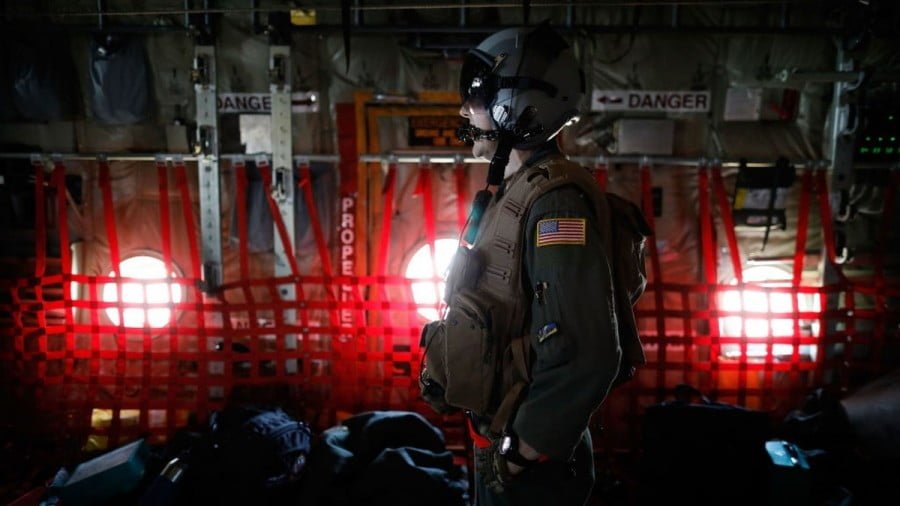China Threatens a State of War with the US Over “Taiwan”
Donald Trump appears to have crossed an age-old but still highly relevant red line with China, as he signed this year’s National Defense Authorization Act. The Act includes a provision saying that the US reserves the right to conduct joint naval exercises with Chinese Taipei (often referred to as Tawian), a breakaway province of China which in 1949 became home to the Kuomintang government of Chiang Kai-shek and which continues to govern itself separately from the rest of China.
China has never recognised the regime in Taipei although until 1979, the United States continued to recognise the self-styled Republic of China as the official Chinese government.
Today, Taipei continues to claim the entirety of Chinese territory, however unrealistic this position is.
It was only after Richard Nixon engaged in rapprochement with Beijing in the early 1970s, that Washington began pivoting to a position of direct engagement with the People’s Republic of China. Nixon’s own rapprochement with Beijing was itself catalysed by the 1971 vote of the UN General Assembly to acknowledge the People’s Republic of China as the legitimate holder of China’s seat at the UN, including on the Security Council. Between 1949 and 1971, the Republic of China (Chinese Taipei/Taiwan) held the seat.
As all parties accept what is known as the ‘One China Policy’, having official relations with both Beijing and Taipei is not technically possible. The US however continues to maintain open, but legally unofficial relations with Taipei.
Now though, these relations are becoming dangerously close to threatening China’s own version of the One China Policy. China considers all of Chinese Taipei (aka Taiwan) to be an integral part of Chinese territory. Therefore, any US Navy exercises in Chinese Taipei will be considered an illegal invasion of Chinese territory by Beijing.
Senior Chinese diplomat Li Kexin has stated,
“The day that a U.S. Navy vessel arrives in Kaohsiung is the day that our People’s Liberation Army unifies Taiwan with military force”.
While China is infuriated by the new piece of US legislation just signed by Donald Trump, it remains to be seen whether the US is actually foolish enough to test China’s patience over the matter. In all likelihood, cooler heads will prevail at the Pentagon and US Naval ships will not visit Chinese Taipei.
That not withstanding, the very wording of the US legislation is a clear provocation against Beijing and one that ultimately accomplishes nothing apart from needlessly increasing tensions in the region.
The entire episode is symptomatic of a US policy to provoke China so as to upset the progress of Beijing’s One Belt–One Road trading initiative.
By Adam Garrie
Source: The Duran







